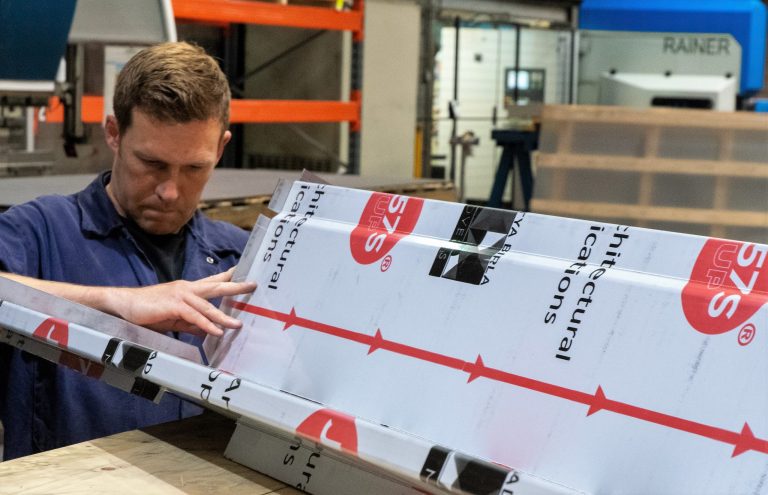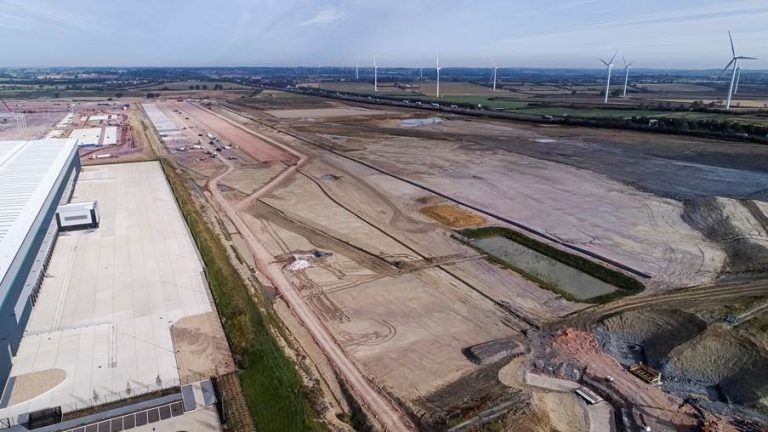Learn about the importance of specifying and sourcing third party approved cables to implement effective electric vehicle (EV) charging infrastructures. As demand for electric vehicles and charging systems becomes greater than ever, safeguarding the longevity of the cable is vital to ensuring safety once installed. Read on to find out more about how you can be confident of quality. Driven by the launch of the UK government’s ‘10 Point Plan’, a new date of 2030 has been set to phase out the use of petrol and diesel automobiles. Even greater reliance is now being put on installing safe and efficient electric vehicle charging points and nationwide systems, within is reduced time frame. Removing all greenhouse gas emissions in the UK by 2050 is an overarching target that is critical to the plans. This in turn drives the requirement for more environmentally friendly, effective infrastructures. As fossil fuel energy production continues to be phased out there is a significant need for electrification, particularly concerning transport networks. The imminent surge in demand for electrified systems require high quality cable products that can perform efficiently to satisfy operating demands. Market installation drivers and priorities The transportation sector is experiencing significant challenges, which are set to continue over the next decade. The race now, is focused on integrating EVs as a primary choice for road users, as opposed to their existing petrol and diesel counterparts. Policy is driving the requirement for charging facilities to become more accessible, whilst also offering a reliable and efficient service. As more EVs hit the road, users demand charging services that match their usability expectations against the speed of today’s traditional refueling stations. Reliance on electric power to operate many EVs means that the demand for charging points needs to rapidly increase, to make facilities accessible within both public and private settings. In order to meet demand, it is estimated that 2.8 million charging points are planned to be required across the United Kingdom by 2030. Charging cable specific impacts EV cables themselves can also be impacted by several factors including installation, component failure, weather conditions, and even user damage. These are key challenges to ensuring that the cable products installed are safe and efficient for long term use within their infrastructure and can function as expected within demanding conditions. Testing and certification of cable products is vital to minimising the risk of failure, resulting from the above factors. Worldwide, there are two standards in existence in relation to EV charging cables, they work to reduce risk to safety. Within Europe EN 50620 is most prevalent and specifies design, dimension, and test requirements for halogen free cables with voltage ratings up to 450/470 V. From a broad international perspective, the IEC 62893 series exists, which is comprised of several different parts and also specifies the construction, dimensions, and test requirements of EV charging cables. Independent, third party testing and approval bodies, such as BASEC, undertake rigorous checks to assess an EV charging cable product’s ability to meet the requirements of safety and quality in line with the standards. Smart connection integration of charging units Smart charging systems are a relatively new technology developed to maximise efficiency within electric vehicle charging units. Commonly referred to as intelligent charging, they include a data connection which is shared between an electric vehicle and a charging device, allowing them to communicate with each other and the wider systems. The smart system provides the charging station owner the ability to closely manage how much energy to input into the EV. This helps to optimise energy consumption, ensuring the grid is not overloaded at peak times. Safe, reliable cables that have gained third party approval are vital to installed smart charging systems, confirming they are powered by high quality products. The use of substandard cables can lead to electric current loading, based on the power output of the EV device or overall load requirements, and higher levels of conductor resistance. Generating excess heat which could lead to problems, accelerating the deterioration of cables and impacting the EV system’s ability to perform efficiently. EV charging point accessibility The accessibility of EV charging infrastructures on a nationwide scale to meet net zero targets is one of the biggest challenges the industry currently faces. There is a huge risk of cable products entering the market that have not been properly approved. Cables that have gained independent, third party approval are able to prove that the cable performs sufficiently. This in turn helps to provide confidence to specifiers and installers that the cable has met the relevant quality, safety and performance requirements. Acting to verify that the claims of conformity made about a cable product, by the manufacturer, are valid. Considerations for EV charging cables and their supporting infrastructures Rapid developments around the globe are underway to launch new technologies in support of the widespread implementation of EVs and their charging infrastructures. Power is being generated in new and sustainable ways to reduce impact on the environment. Smart technologies are also being integrated, as they allow devices and multiple data systems to communicate with each other. Offering greater control over the transfer of power and maximising renewable energy generation efficiency. There are many benefits to smart monitoring such as avoiding peak charging times and minimising charging costs. To safeguard the implementation of EV charging infrastructures it is crucial that cables are thoroughly tested for quality and safety, whilst also ensuring they will be reliable and efficient once in operation. Comprehensive testing as part of an EV certification programme is designed to assess pressure, heat shock, ultraviolet resistance, water immersion, and flame retardance. Each of these factors are closely monitored to determine a cable product’s performance under different circumstances, and in turn minimising the risks to those installing and using the cables in the end charging application. Summary There are substantial efforts required to ensure the required number of charging points are installed in time to meet the UK’s ban on petrol and diesel vehicles by 2030. With rapid














